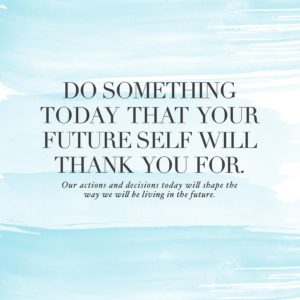How to Close Your Know>Do Gap

Why don’t you do what you know that you should do? Better yet, how can you start getting better outcomes by doing what you already know?
- Stop Acquiring and Start Applying – we love to learn. Whether it’s books, a podcast or a conference, the opportunities to acquire new knowledge are endless. Instead of adding to what you know, focus on applying what you already know. For example, you could buy another set of DVD’s or simply start exercising. Walk, do yoga, whatever your activity of choice is, just move. Learning more doesn’t mean you are going to do something different. Take action and apply what you know.
- Examine Your Beliefs – belief drives behavior which is why external motivation is insufficient to close the gap. Beliefs are internal and are often the cause of getting us stuck or even holding us back. We were with colleagues at an annual mastermind gathering in Venice last week and had really insightful conversation about some common beliefs that were holding us all back. Steve shared how he frames the presence of the fear monster. He said that he sees fear like a passenger in your car. It is there but the key is not spending your time waiting to go somewhere while you work on kicking fear out the door. Stay focused on looking out of the windshield (at the future, not in the rear view mirror at the past) and do not allow your passenger to take the wheel of the car. If you wait until you stop being afraid in order to do something, that day may never come.
- Focus – Regular sustained attention can change your neural circuitry. In plain English, that means when you are applying something new it requires you to be conscious about the new behavior and pay attention to it until it becomes part of your routine. The prefrontal cortex, which is the portion of the brain dedicated to learning and comprehension, requires concentration to process new information. If you are changing your eating habits, you must consciously push away the bread basket and avoid the dessert menu. Once the new eating habits are established they are routine and the habit kicks in so you pay less attention (unless, like us, you are tempted by delectable desserts despite their sugar content!)
It’s not useful to berate yourself for not doing what you know. Instead, ask yourself what you want to achieve, what beliefs about this action are holding you back and most importantly, what one action will you take to start putting your knowledge into action?
BONUS TIP – when you participate in any learning, always take five minutes and decide the one or two actions you can take as a result of the learning. It’s easy to read a book and move on to the next one rather than asking yourself, what can I do differently as a result of what I just learned?
